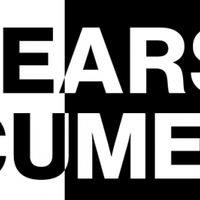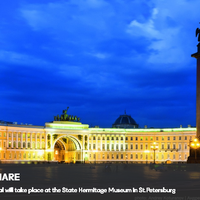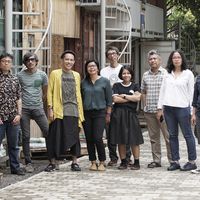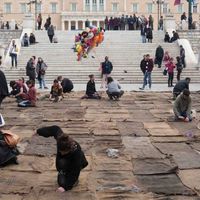documenta
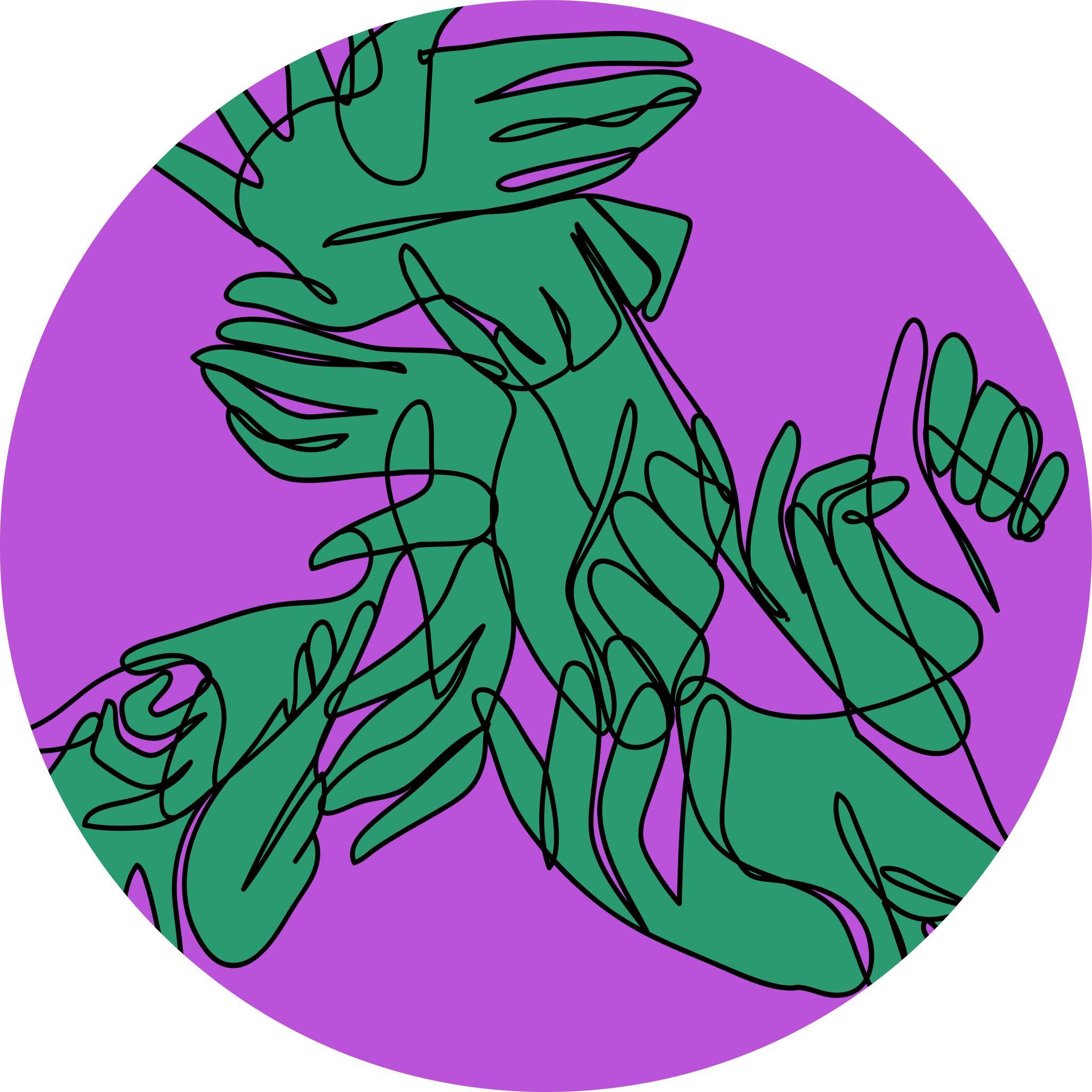
documenta is a non-profit organisation supported and funded by the City of Kassel and the State of Hesse, as well as by the German Federal Cultural Foundation. documenta is considered the world's largest and most prestigious exhibition of contemporary art.
Each documenta takes its character from the ideas and concept of its Artistic Director, and is therefore not only a forum for current trends in contemporary art, but a place where innovative and standards-setting exhibition concepts are trialed. In each edition, documenta has played a leading role in taking the international discourse about art in new directions. Over the past decades, documenta has established itself as an institution that goes far beyond a survey of what is currently happening, inviting the attention of the international art world every five years for this "museum of 100 days." The discourse and the dynamics of the discussion surrounding each documenta reflects and challenges the expectations of society about art.
Similar content
from - to
17 Jul 2015 - 19 Jul 2015
from - to
28 Jun 2014 - 31 Oct 2014
from - to
08 Apr 2017 - 16 Jul 2017
deadline
07 Sep 2020

